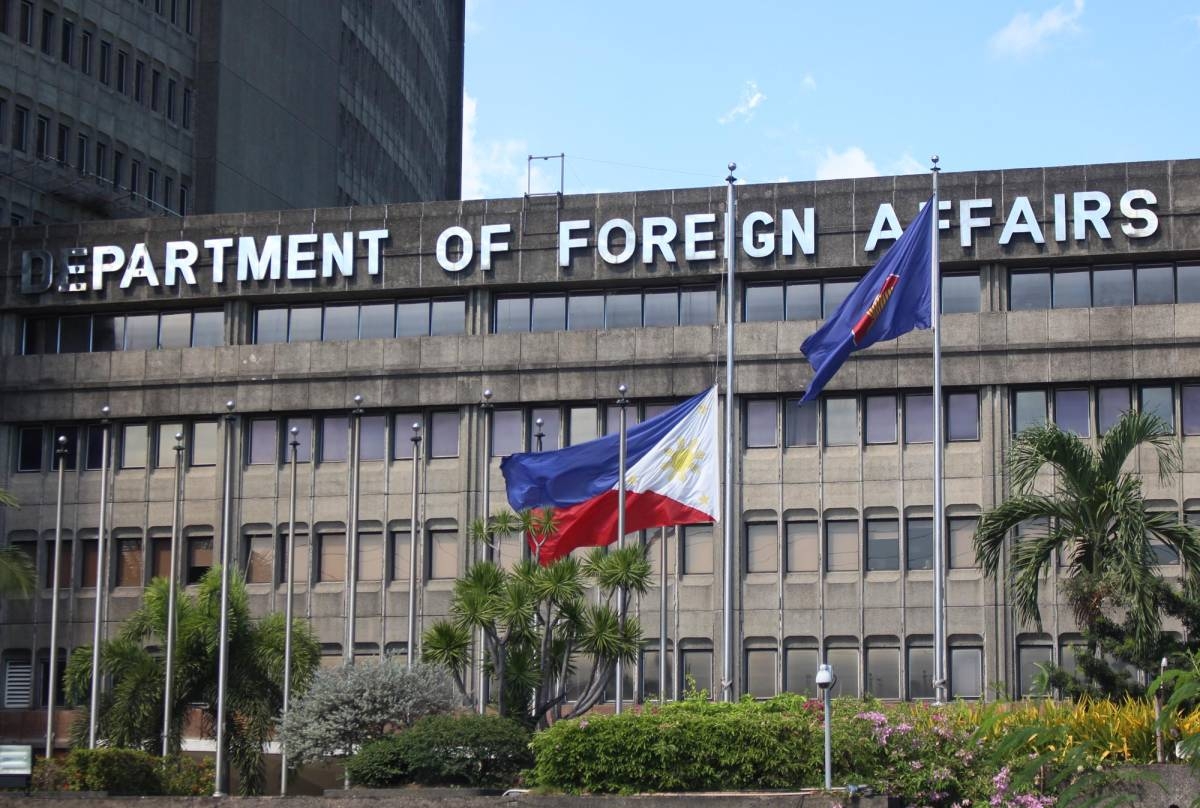The Subic Bay Freeport, a former American Naval base in the Philippines, recently made headlines when a US-registered oil tanker, the Yosemite Trader, was forced to leave the country without obtaining diplomatic clearance from the Philippine government. The tanker was carrying approximately 5 million gallons of military fuel and was scheduled to transfer it from a US military facility in Pearl Harbor, Hawaii, to a commercial storage facility in Subic Bay.
However, the Subic Bay Metropolitan Authority (SBMA), which manages the free port, clarified that the fuel transfer did not push through. The ship agent, Parsh Marine, requested the cancellation of the vessel’s entry clearance due to the absence of a “diplomatic clearance” from the Department of Foreign Affairs. As a result, the Yosemite Trader did not enter the waters of Subic Bay and was unable to discharge its cargo at the storage facility, as reported by the US Embassy.
According to US Embassy Spokesman Kanishka Gangopadhyay, the planned fuel transfer had undergone proper channels and logistics contracts with Philippine counterparts. However, Senator Imee Marcos, the chairman of the Senate Committee on Foreign Relations, raised suspicions about the fuel shipment. She criticized the “silence” of both countries regarding the alleged prepositioning of military supplies in the Philippines amid a potential conflict between the US and China over Taiwan.
Marcos emphasized that the Mutual Defense Treaty (MDT) should not leave the Filipino people in the dark. She questioned where millions of gallons of oil would be stored in Philippine territory, as Subic is not an Enhanced Defense Cooperation Agreement (EDCA) site. Marcos viewed this issue as not just a foreign policy concern but also a matter of Philippine sovereignty and environmental safety. She demanded a clear explanation from the government.
The incident at Subic Bay Freeport raises questions about the transparency and communication between the US and the Philippines regarding military operations and the storage of military supplies. The absence of diplomatic clearance for the fuel transfer has highlighted the need for clearer protocols and coordination between the two countries.
From an international perspective, it is important to understand the significance of Subic Bay Freeport. As a former American Naval base, Subic Bay holds historical and strategic importance. It has been transformed into a free port managed by the SBMA, attracting both commercial and military activities. The presence of US military facilities and the potential prepositioning of military supplies in the area have geopolitical implications, especially in the context of the US-China relationship.
The concerns raised by Senator Marcos reflect the need for transparency and accountability in bilateral agreements between nations. The Filipino people have a right to know about the presence and storage of military supplies on their territory, as it has implications for their sovereignty and environmental safety. The government must provide a clear explanation to address these concerns and ensure that proper protocols are followed in future military operations.
In conclusion, the incident involving the Yosemite Trader and the lack of diplomatic clearance at Subic Bay Freeport highlights the need for improved communication and transparency between the US and the Philippines. It raises questions about the storage of military supplies and the potential impact on Philippine sovereignty and environmental safety. Addressing these concerns is crucial to maintaining trust and fostering a strong relationship between the two nations.







